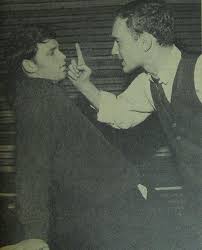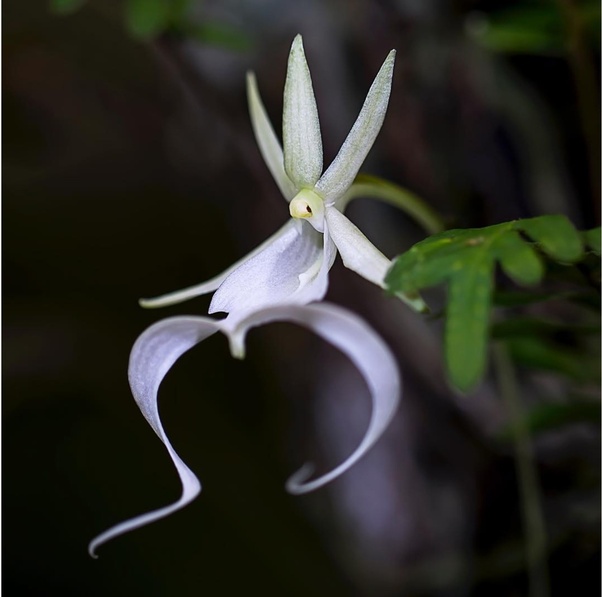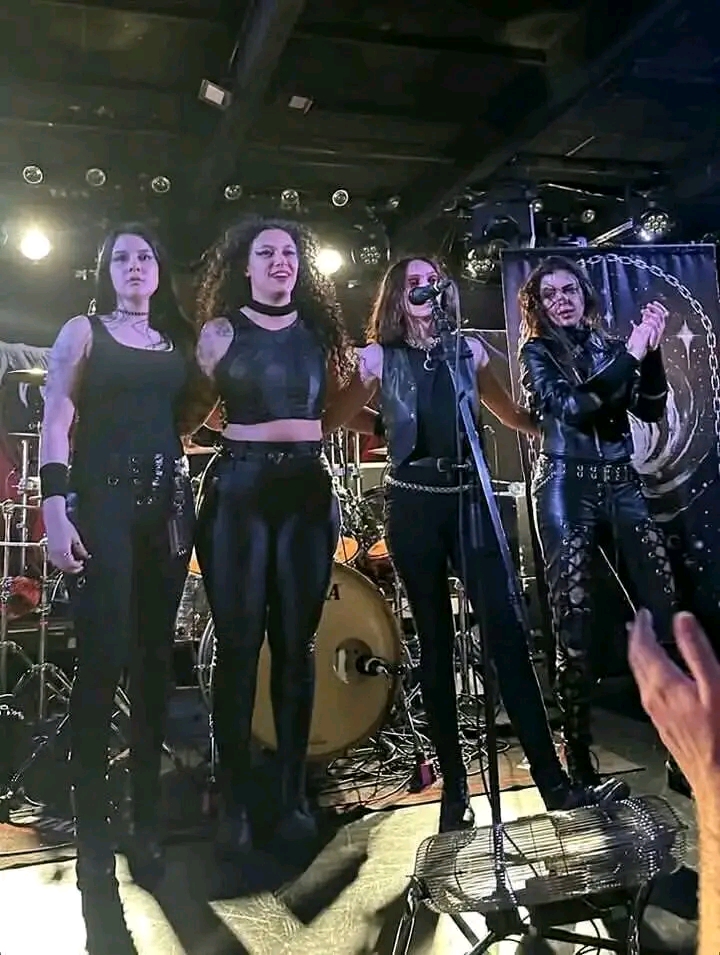Before the Spotlight: How Jim Morrison’s Role in Harold Pinter’s “The Dumb Waiter” Marked the Beginning of a Theatrical Influence on His Legendary Music Career
Long before Jim Morrison became the enigmatic frontman of The Doors, shaking the foundations of rock with his poetic lyrics and hypnotic stage presence, he was a quiet, introspective student with a deep love for literature and the performing arts. While his name would soon become synonymous with counterculture and musical revolution, few know that Morrison’s journey into the world of artistic expression began not with a microphone, but on a modest university stage.

In late 1963, while attending Florida State University, Morrison took part in a campus production of Harold Pinter’s renowned one-act play, *The Dumb Waiter*. Known for its sharp dialogue and themes of existential dread, the play offered Morrison his first real taste of performance art. Though brief and relatively unknown in the grand narrative of his life, this theatrical experience would plant a seed that grew to define his musical identity.
*The Dumb Waiter* centers on two hitmen awaiting orders in a claustrophobic basement—a scenario ripe with tension, irony, and ambiguity. Pinter’s minimalist yet impactful style made a lasting impression on Morrison. He was particularly drawn to the way silence and subtext carried as much weight as dialogue—an artistic trait that would later appear in his own work. His lyrics for The Doors often leaned heavily on ambiguity, symbolism, and psychological depth, reflecting the influence of both literature and theater.
Morrison was not a trained actor, but his performance was said to be haunting and intense. Those who witnessed it described his presence on stage as magnetic, an early hint at the raw charisma he would later bring to the rock scene. This formative experience helped him understand the power of stagecraft—not just to entertain, but to provoke, challenge, and connect.
As The Doors emerged in the mid-1960s, Morrison’s theatrical roots became increasingly evident. His performances were not just concerts—they were rituals. He incorporated monologues, improvisation, and dramatic movements, often transforming the stage into a space of poetic expression and rebellion. Songs like “The End” and “Celebration of the Lizard” are not just tracks; they are performances, steeped in narrative and theatrical flair.
In retrospect, Morrison’s early brush with theater, especially in a play as layered as *The Dumb Waiter*, was more than a footnote—it was a prelude. It revealed the artist within, one who would go on to blend poetry, drama, and rock into a powerful cultural force. For fans of Morrison and The Doors, this forgotten chapter adds another layer to the legend: the singer who once stood under the spotlight, not with a guitar, but with a script in hand, dreaming not just of fame, but of meaning.















Leave a Reply